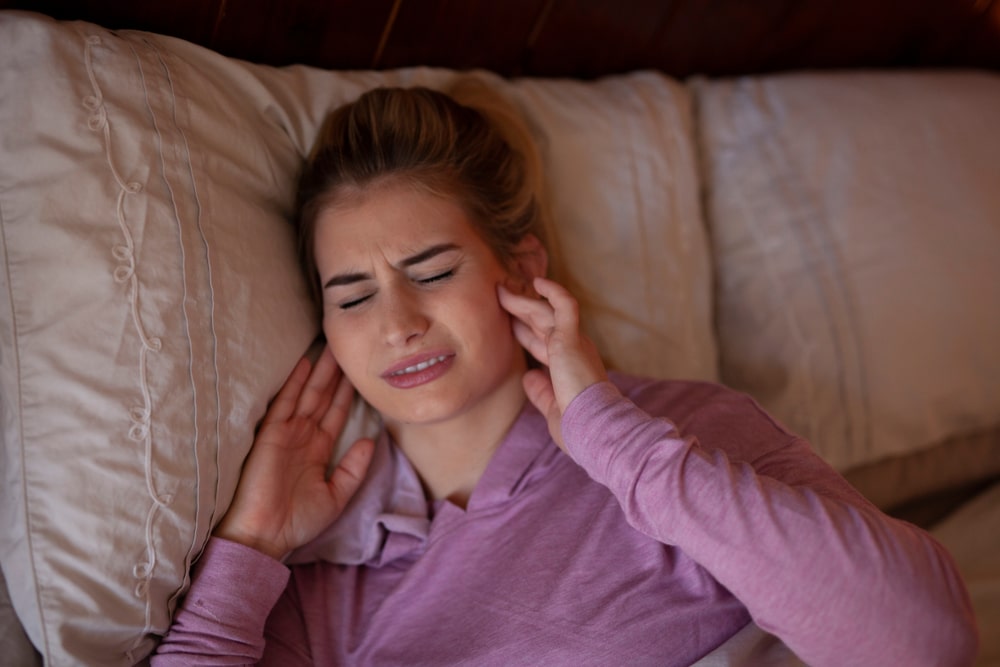Bruxism, or nighttime teeth grinding, is an involuntary habit that affects many people. Often ignored or misunderstood, it can have significant consequences on oral health and quality of life. This article, prepared by your team at the Georges Dental Center in LaSalle, aims to inform you about the effects of bruxism so that you understand why the use of an occlusal plate is so beneficial.
What is bruxism?
Bruxism is a condition characterized by the involuntary grinding or clenching of the teeth. This behavior, caused by an irregular contraction of the muscles normally mobilized for chewing, can occur at any time of the day. However, it is more often observed during sleep, a time when it is beyond our conscious control. At night, episodes of bruxism can last from a few seconds to several minutes and repeat several times. The forces exerted on the teeth during these episodes are often much greater than those generated during normal chewing. This excessive pressure has various consequences for the affected person and those around them.
The consequences of bruxism
Effects on teeth and its supporting structures
- Abnormal wear of the enamel: This wear can lead to structural yellowing of the teeth (yellow dentin then becomes apparent) and dentin hypersensitivity. It is often detected during routine examinations.
- Increased risk of disease: As the protection of enamel is reduced, teeth become more vulnerable to cavities and other infections.
- Deterioration of tooth structure: Excessive forces can cause cracks, fractures or general deterioration of tooth structure. A restoration using a crown may then be necessary.
- Loosening of teeth: Constant movement and pressure can weaken the gums, leading to progressive loosening of teeth. In the long term, teeth may even become mobile.
The development of temporomandibular joint disorders
Bruxism places excessive pressure on the temporomandibular joints (TMJs), responsible for jaw movements. This overload can cause an imbalance in the articular discs. These displacements and dysfunctions of the discs can lead to marked pain and reduced mobility of the jaw.
Impacts on quality of life
Bruxism also affects quality of life in several ways:
- Sleep disturbance: Teeth grinding can harm the quality of sleep, both for the affected person and for their partner.
- Various pains: Bruxism can cause dental pain, headaches, neck pain and other muscle tensions. These sensations are often felt upon waking up but can last throughout the day.
- Functional disabilities: Pain and fatigue resulting from bruxism can interfere with daily activities and reduce vitality and productivity.
The solution: the occlusal plate (night guard)
The occlusal plate is a custom-designed dental appliance to limit bruxism and protect teeth from damage. Worn mainly at night, it helps relax the jaw muscles while evenly distributing the forces exerted on the teeth and joints. This therefore reduces wear and pain. This device also helps prevent the long-term negative effects of bruxism, ensuring better oral health.
If you think you suffer from bruxism, do not hesitate to consult your LaSalle dental team to discuss the treatment options available. We will be able to support you in the process of creating the occlusal plate and help you get used to wearing it while sleeping. This way, we will protect your smile!




